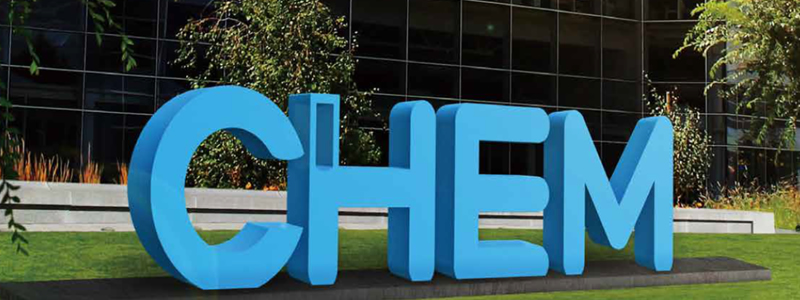
Chemical coagulants
Chemical coagulation with metal salts has been proven to be one of the most cost-efficient ways to reduce impurities. Coagulants are used in many different applications. The most important ones are for the production of drinking water and treatment of wastewater. In the production of drinking water, coagulants are typically used to reduce particles, colour and metals. Coagulants used in wastewater treatment help to reduce heavy metals, nutrients, organic substances and particles.
Different types of coagulants have different properties. These properties enable water managers to target specific impurities in the water. Larger particles can easily be separated from the water. However, particles suspended in the water (called colloidals) are very small and typically have a negative charge.
We produce chemical coagulants that are positively charged metal salts (Me+) that react with the negatively charged colloids in the water to form bigger flocks. Like larger particles, the flocks can be separated from the water using methods such as sedimentation or filtration. With sedimentation, the large flocks become heavier than the water and sink to the bottom. The water can be decanted, leaving the sediment behind. With filtration, the large flocks are removed using screens, sieves or sand filters.
For more information or Inquiry about coagulant product (Organic and Inorganic), please contact us: TIAN@CHEM.NET
 Previous
Previous  Next
Next Get answers and advice from people you want it from.